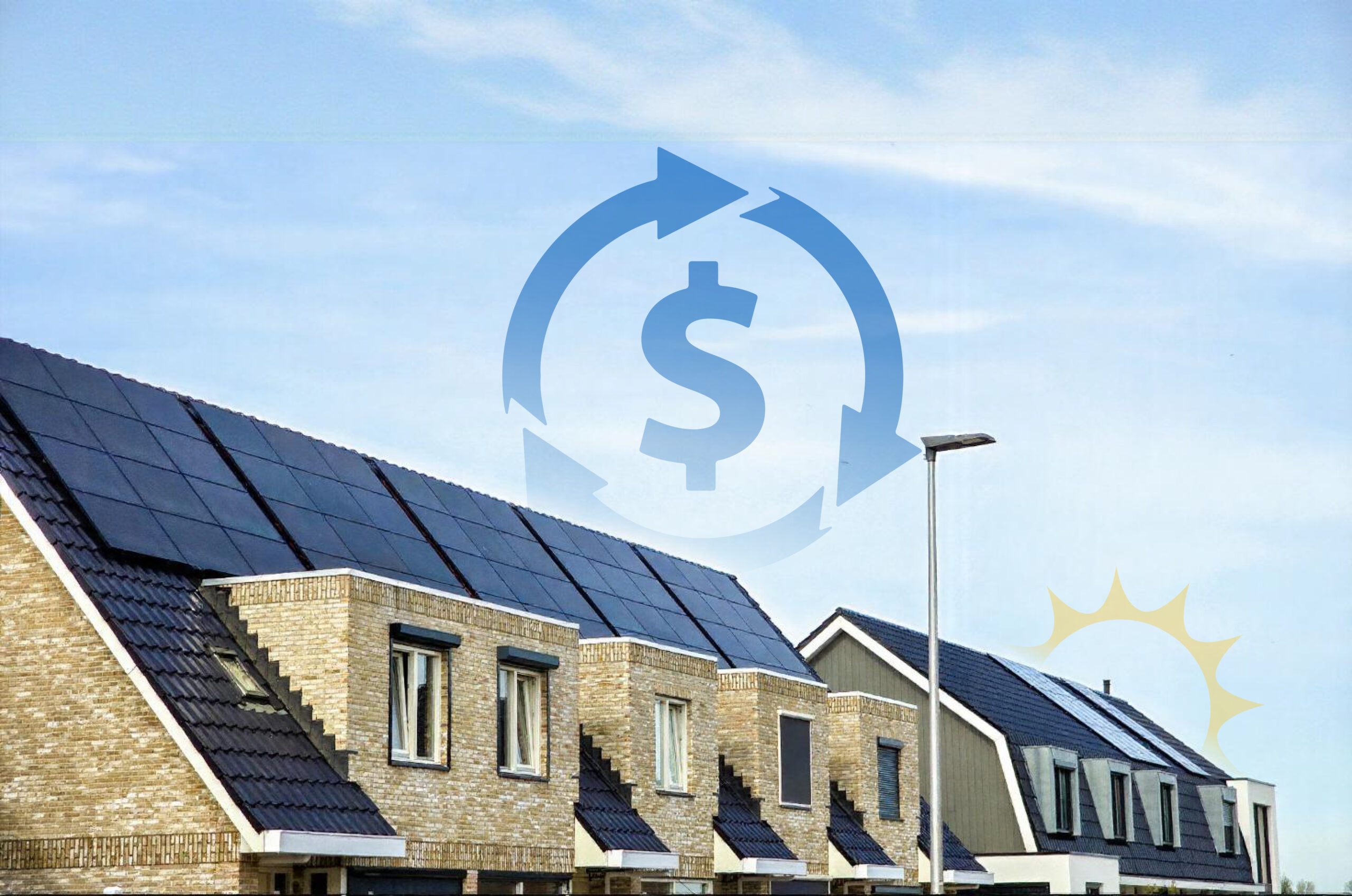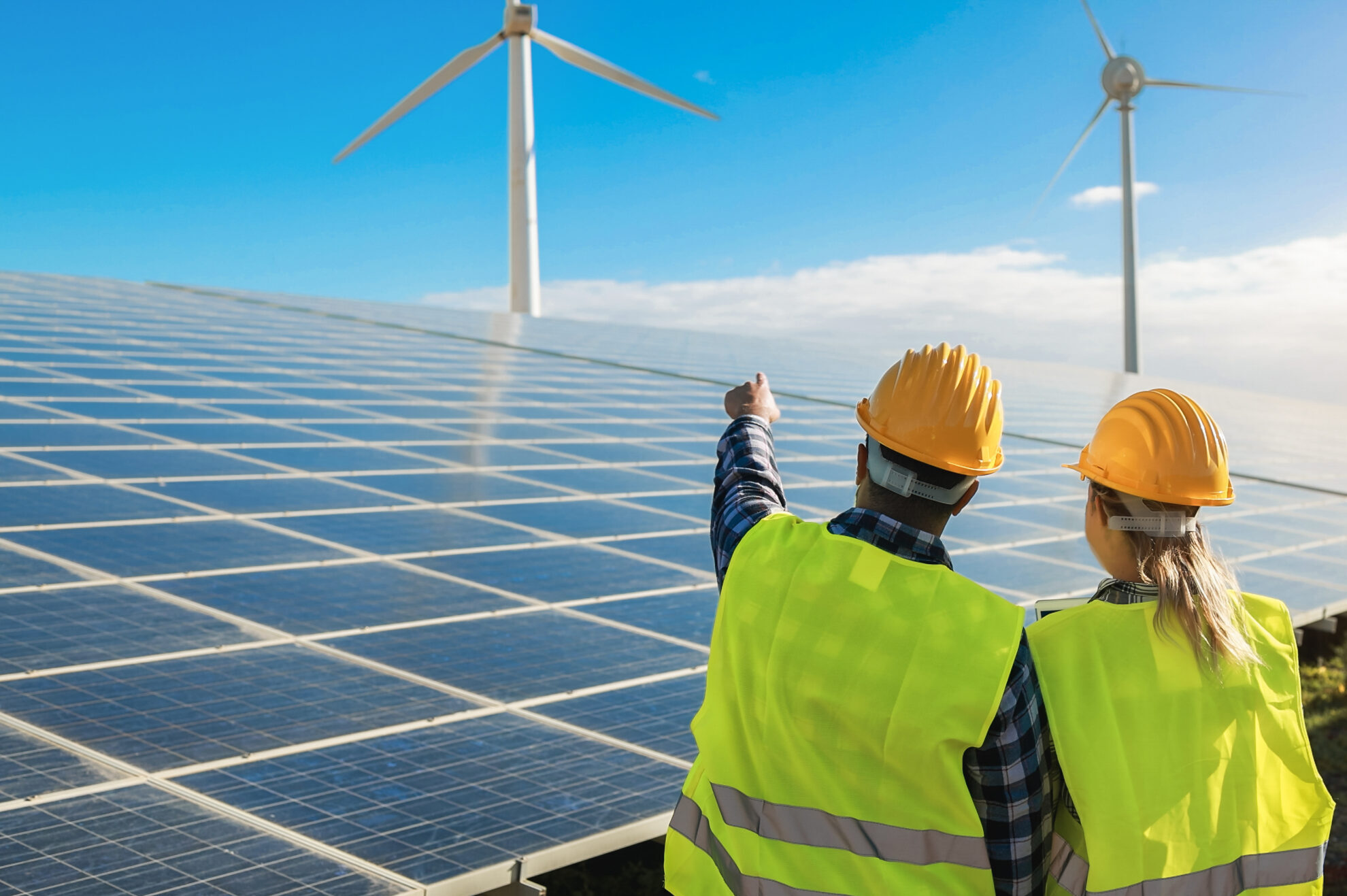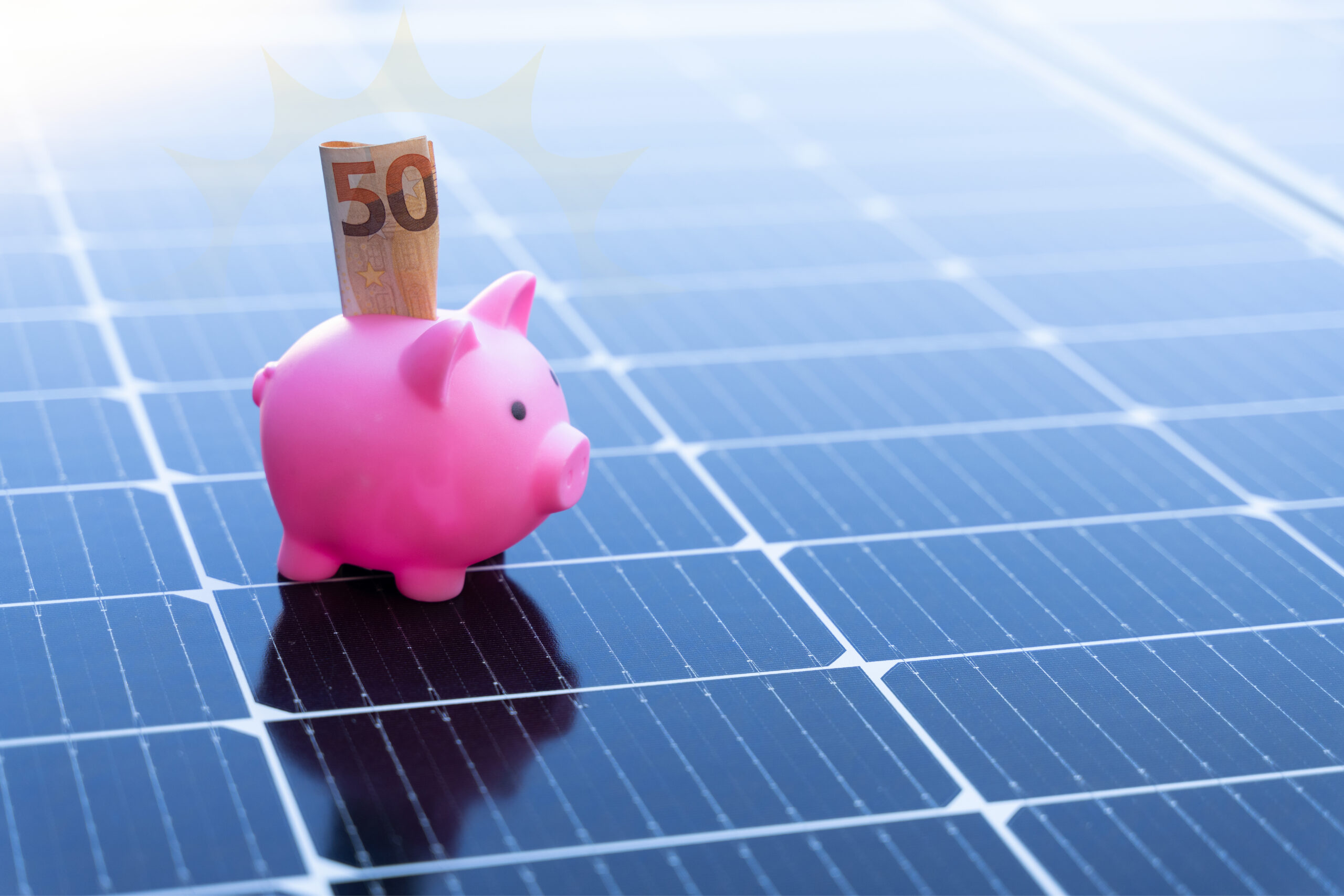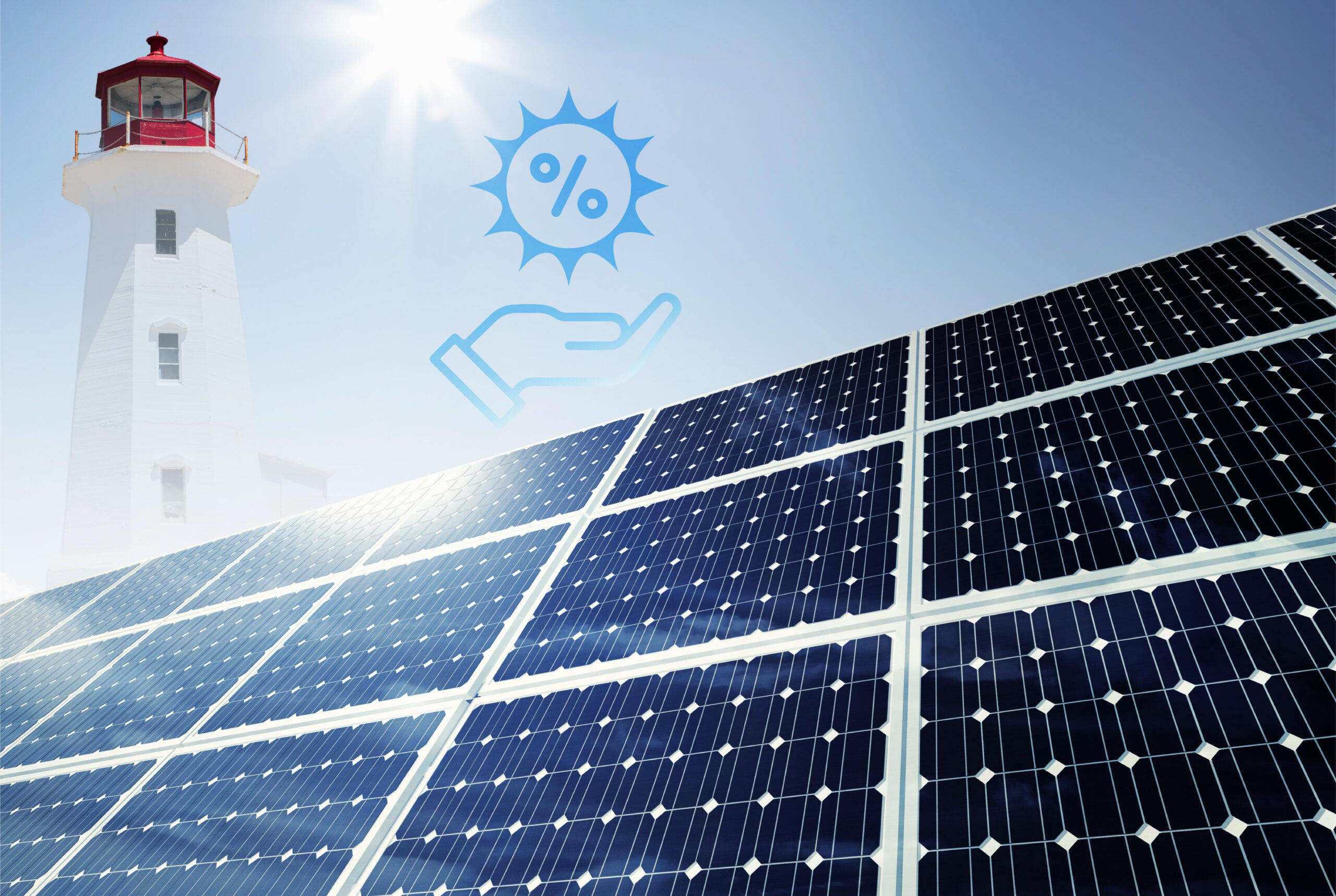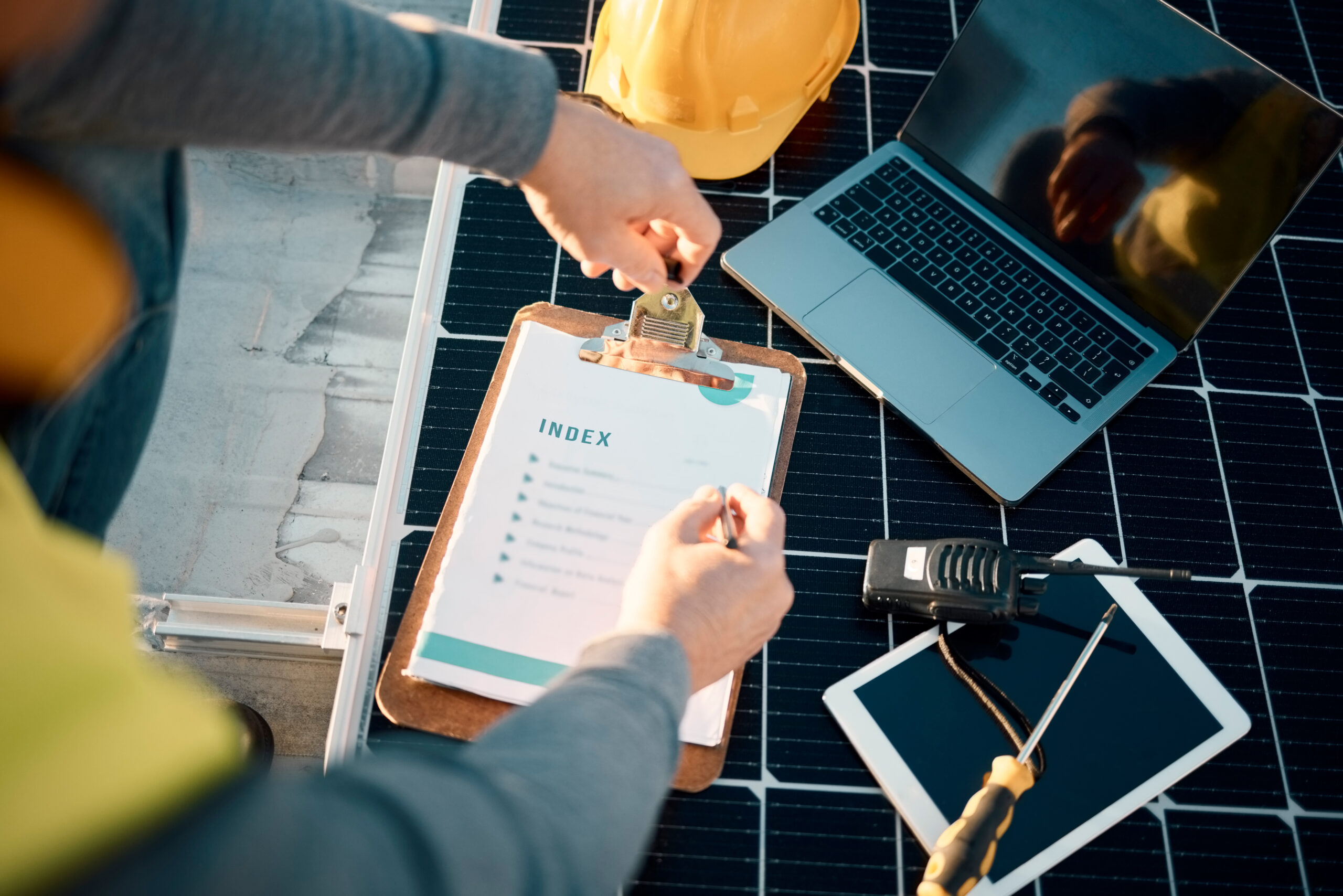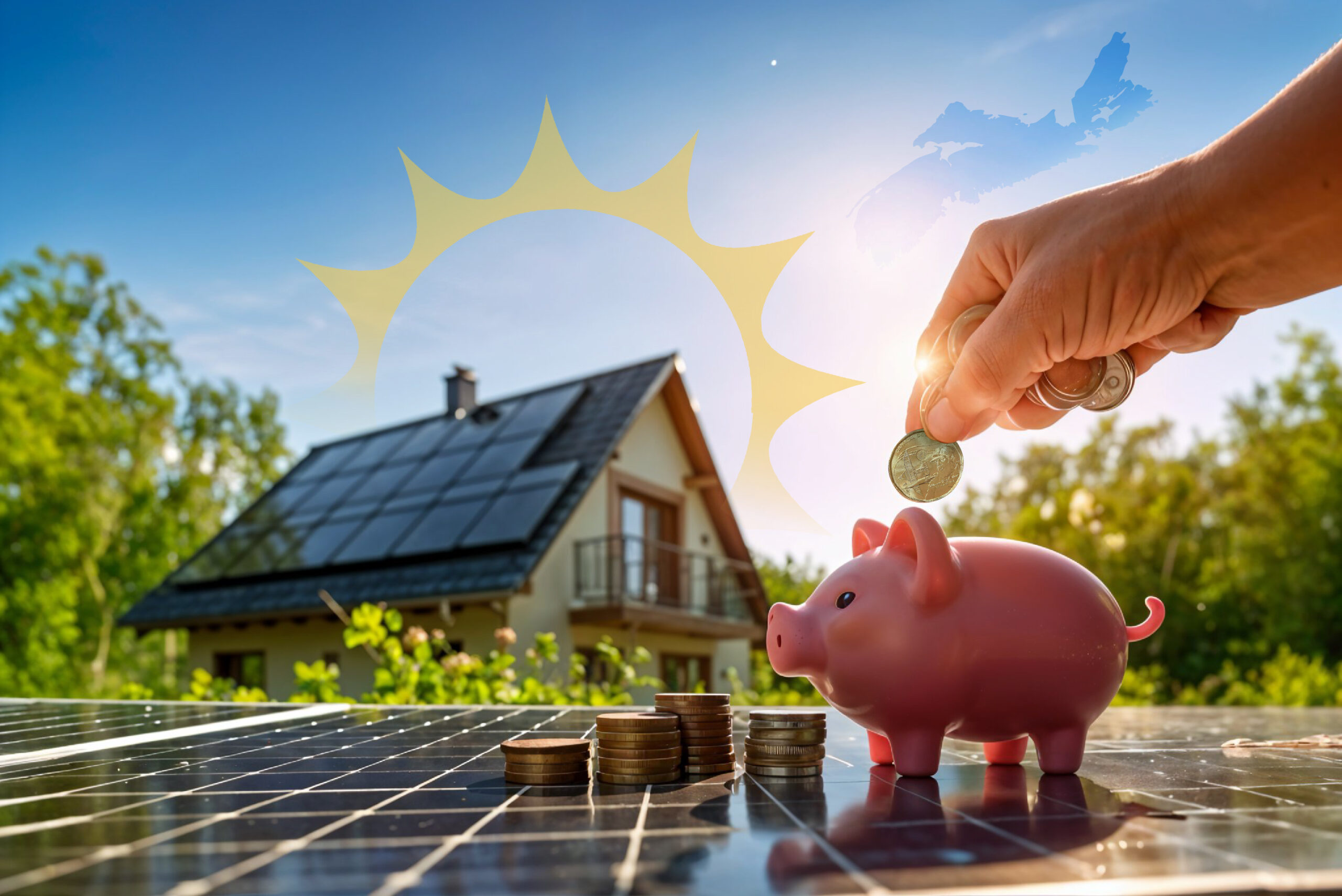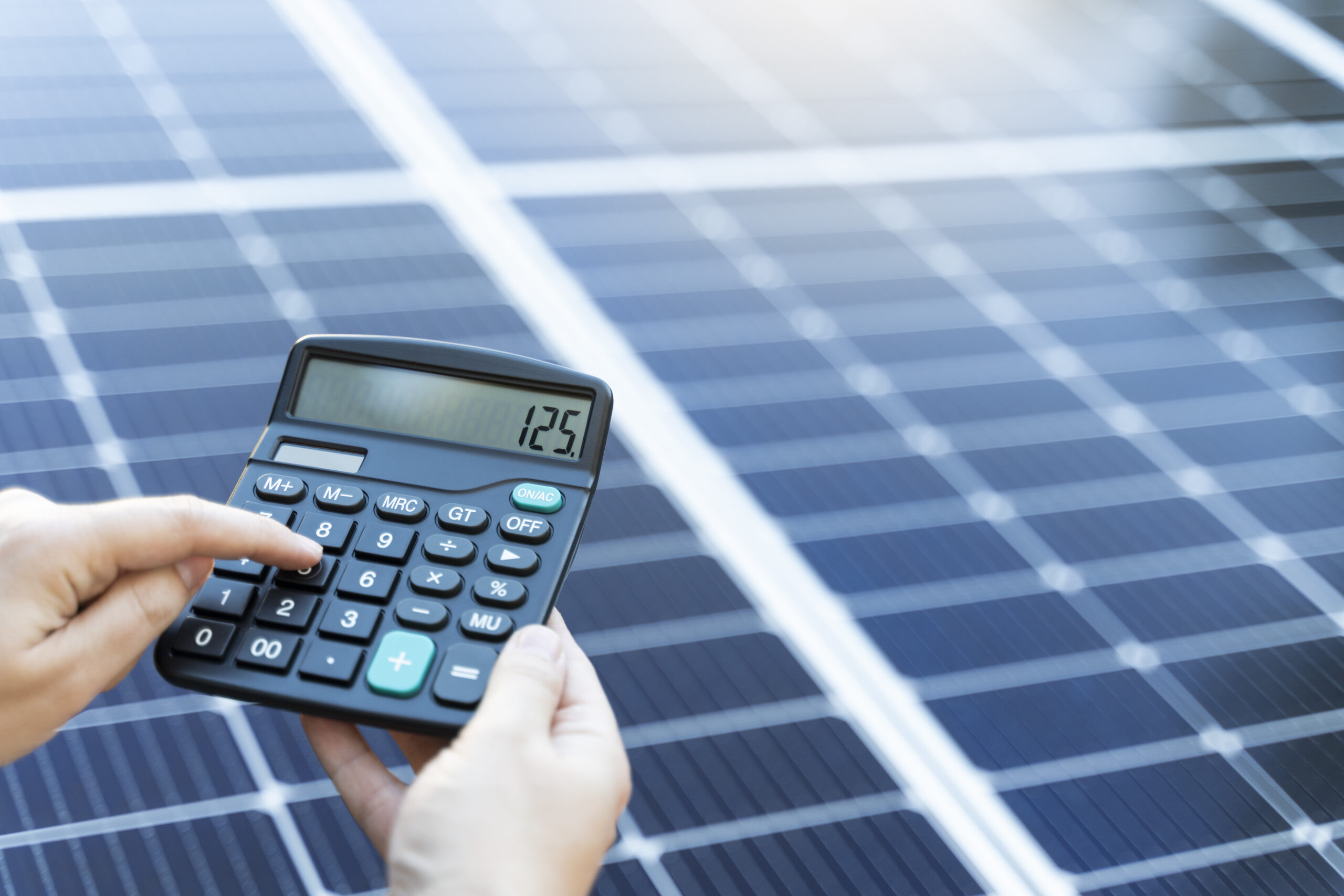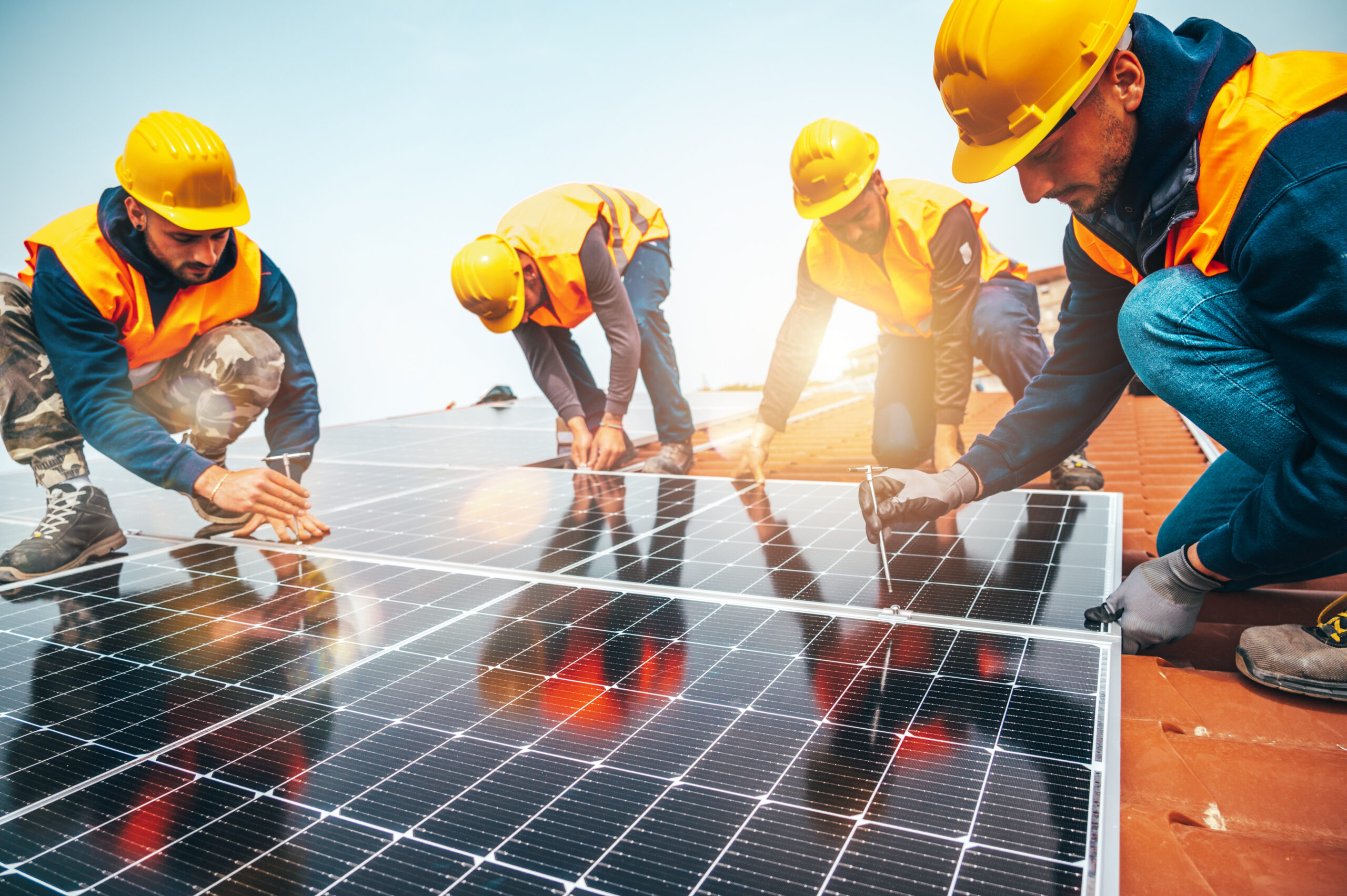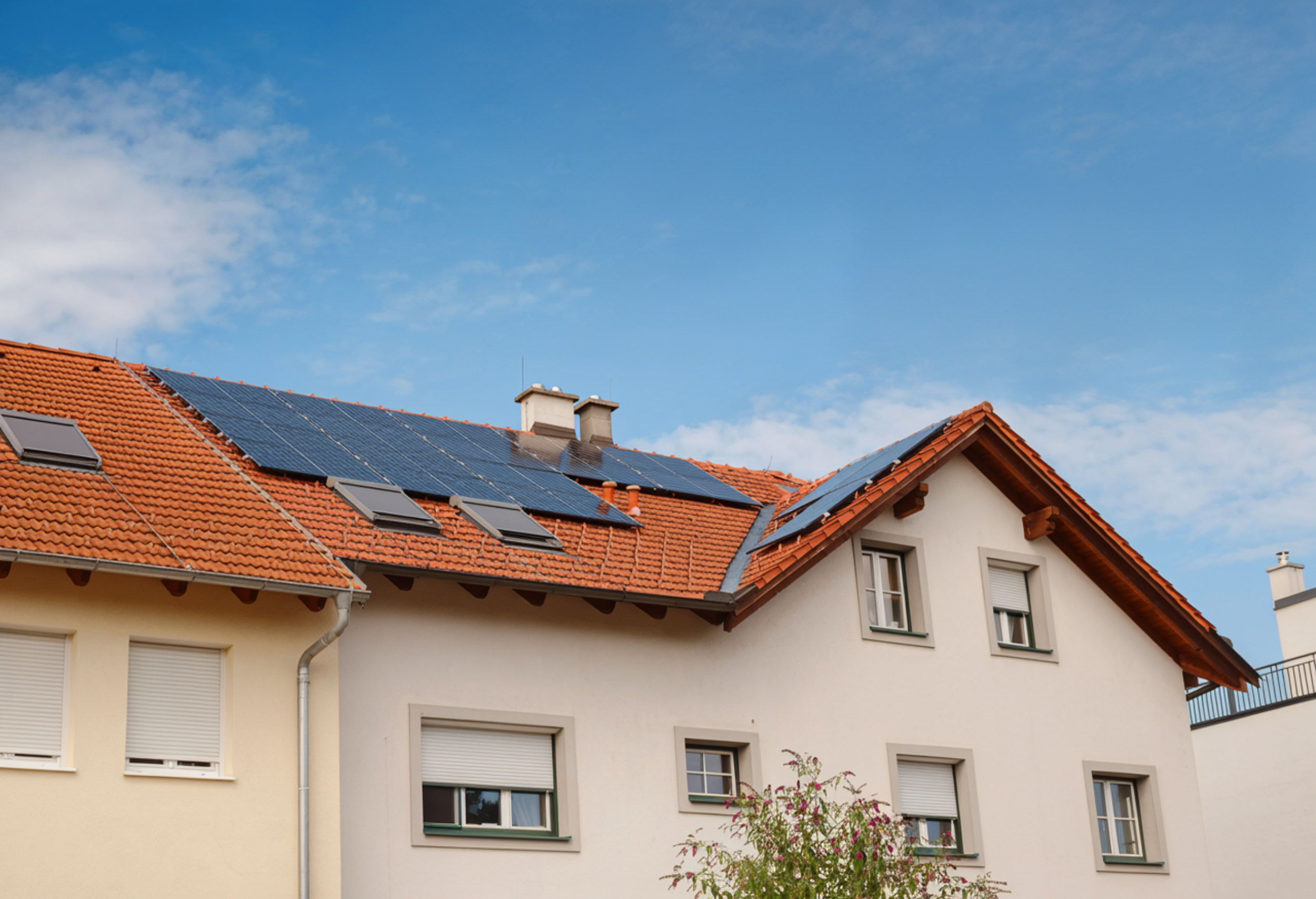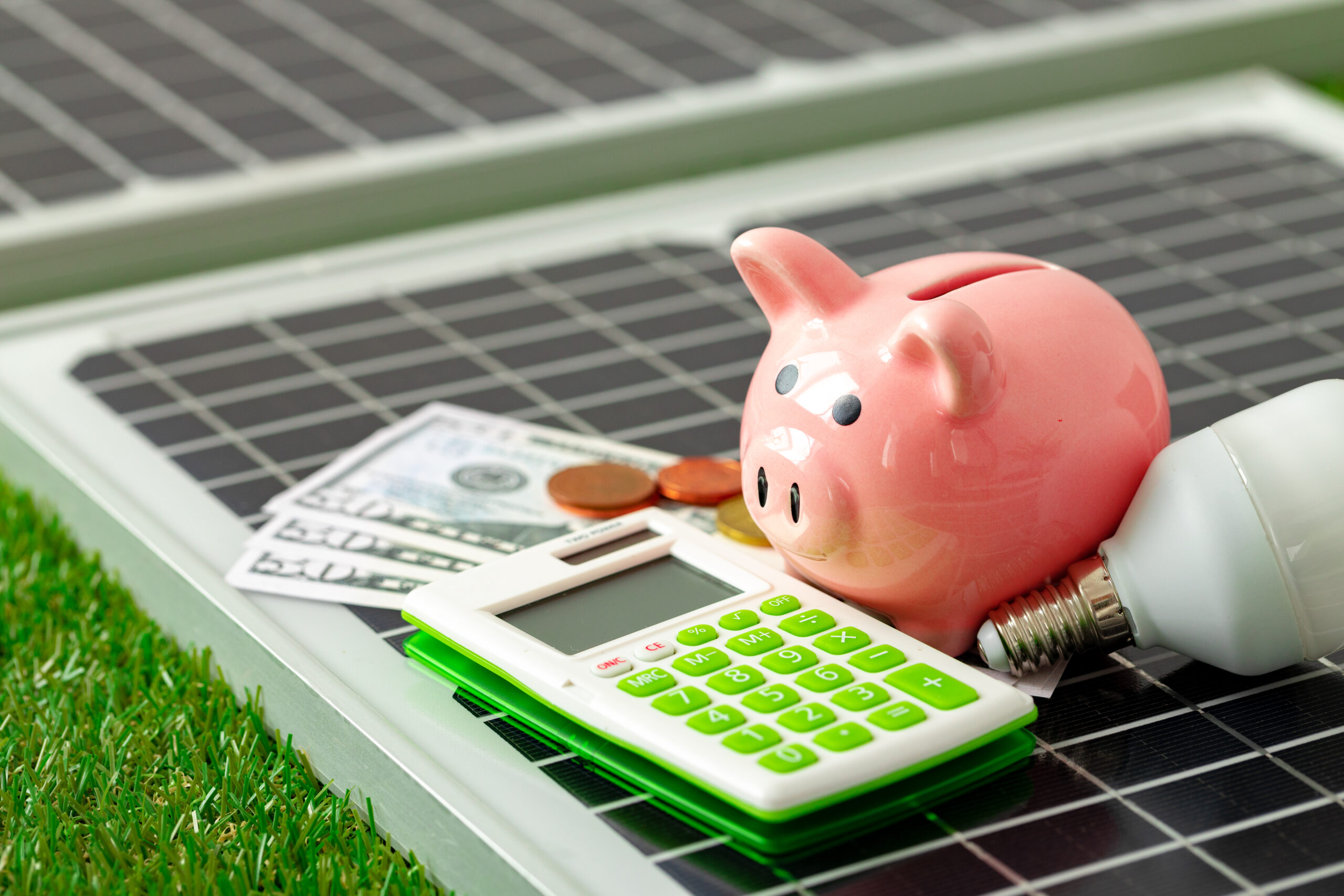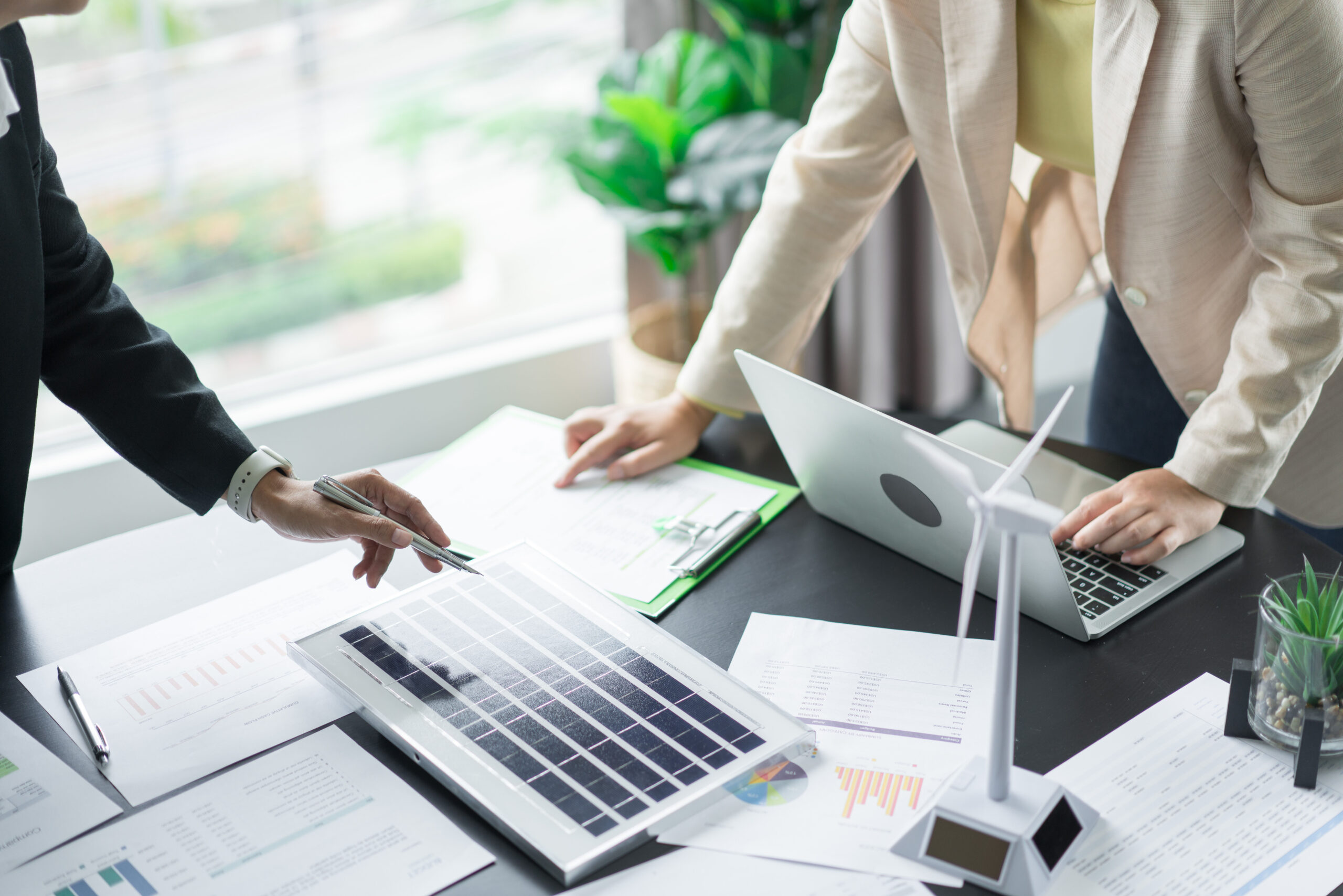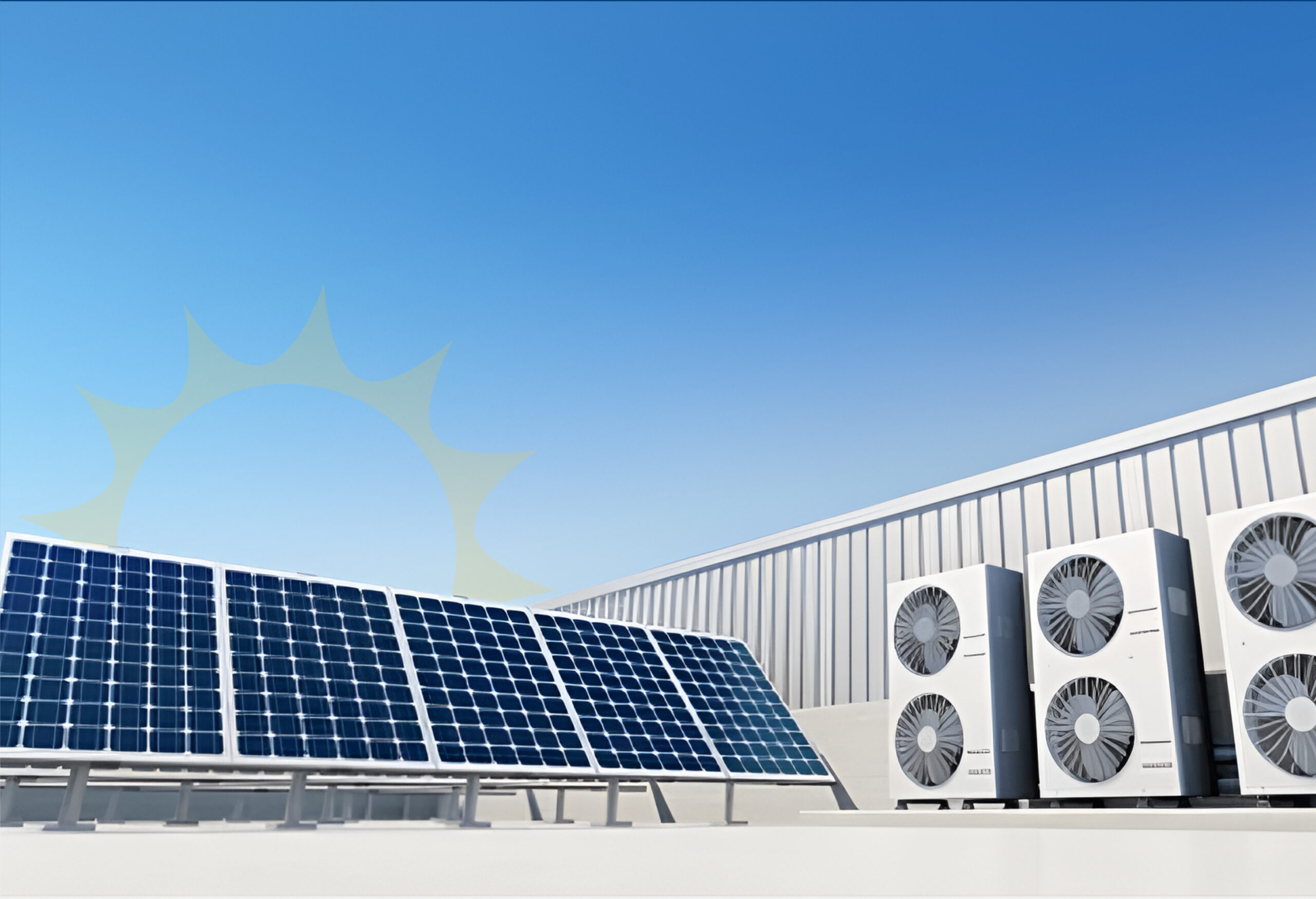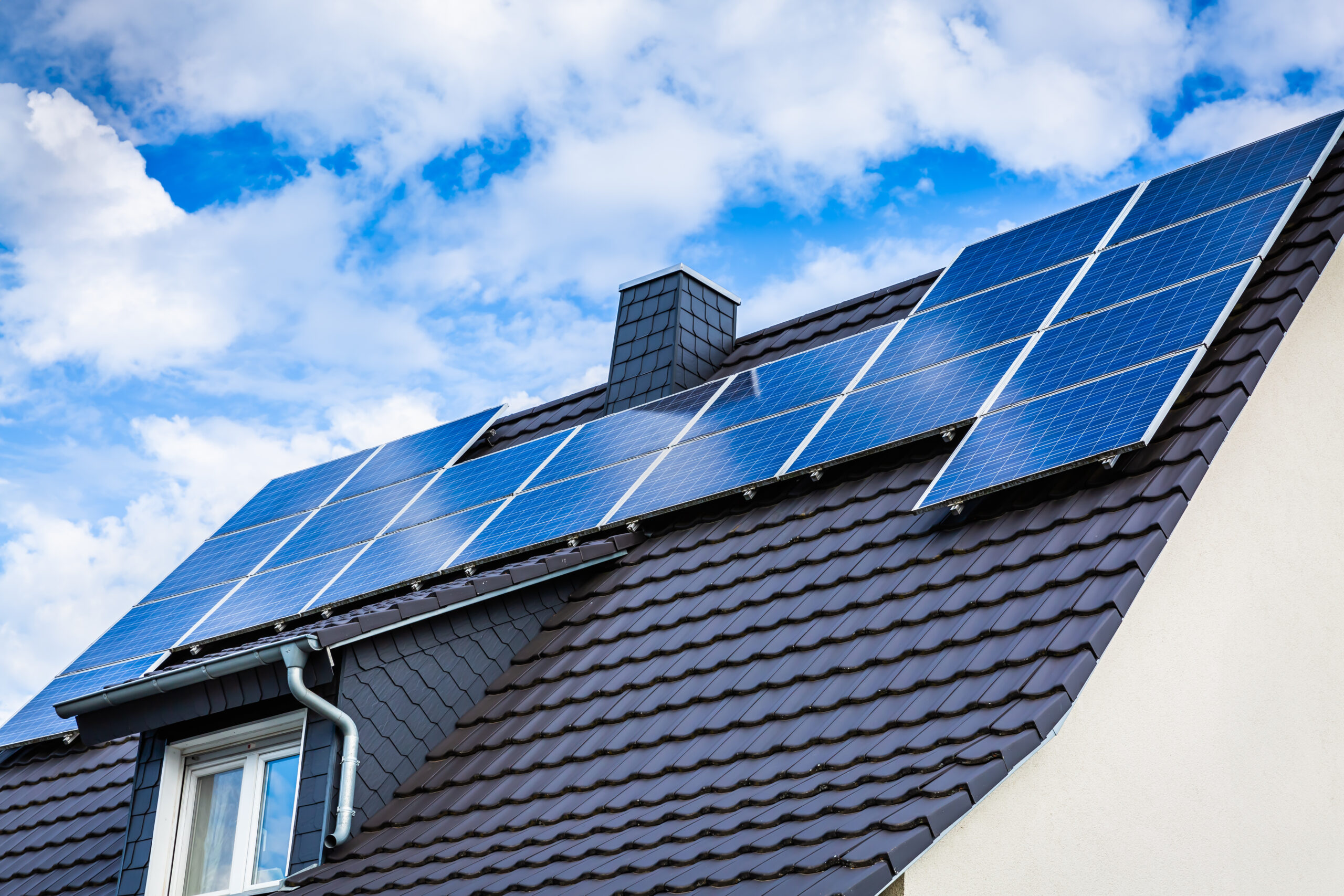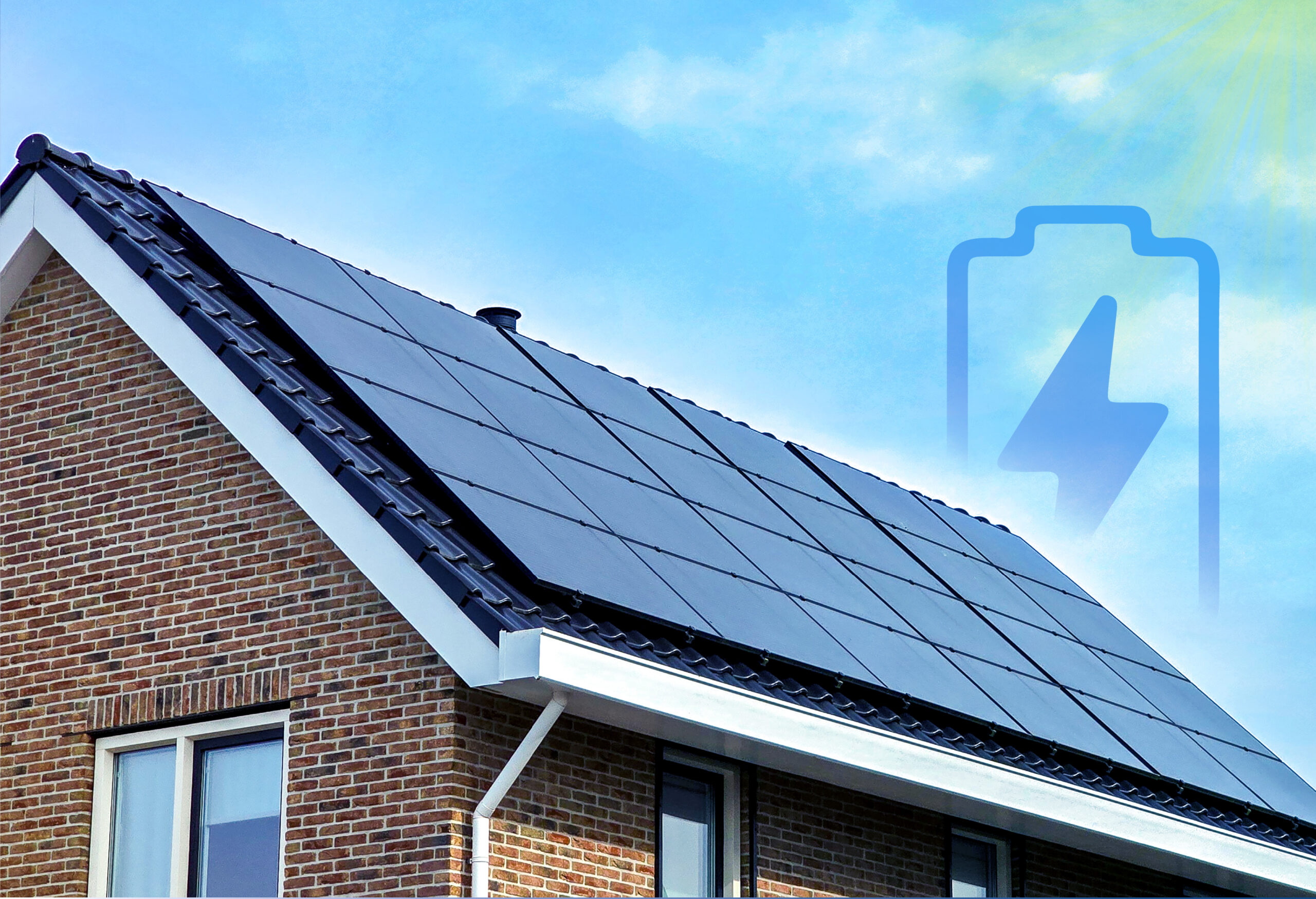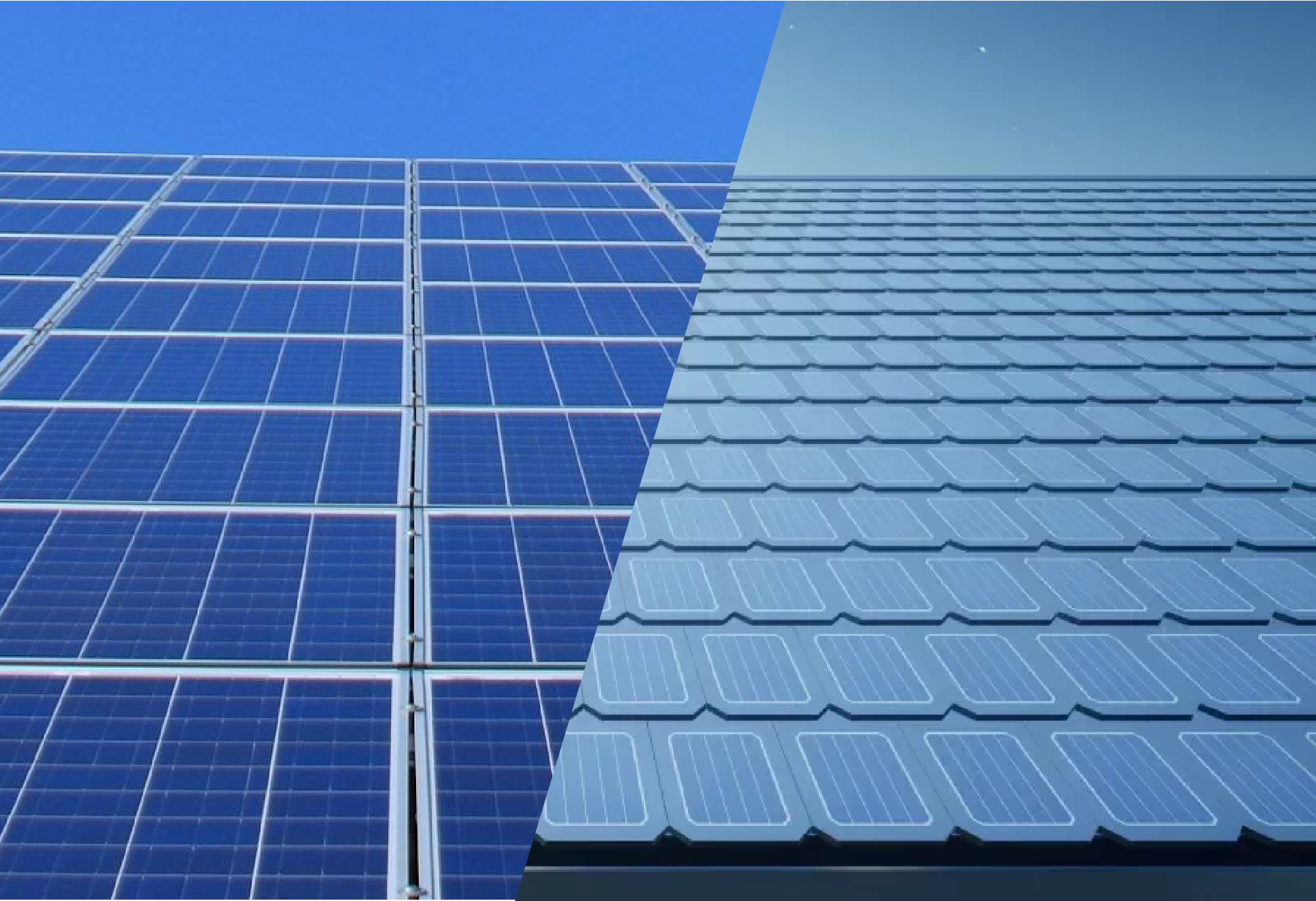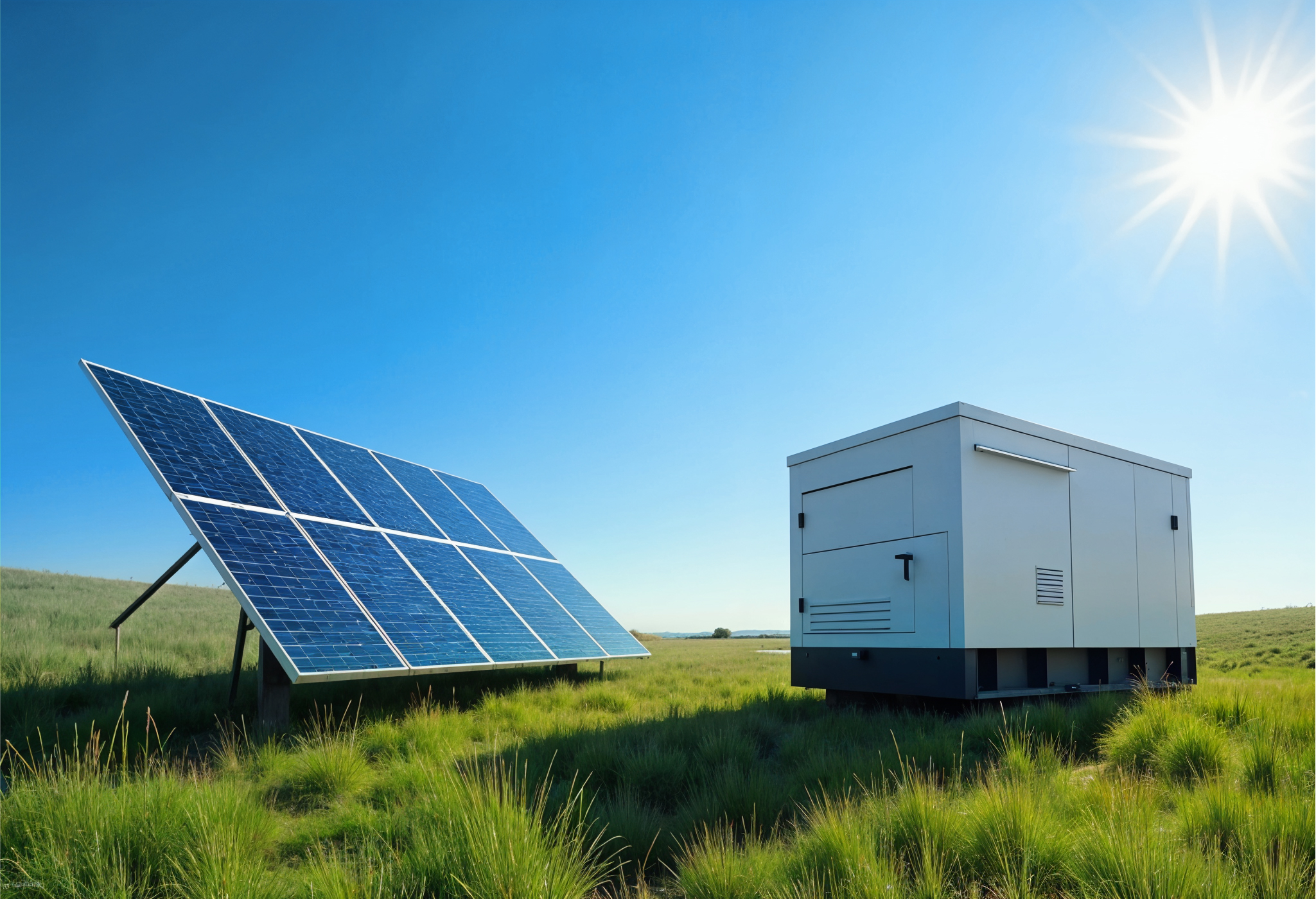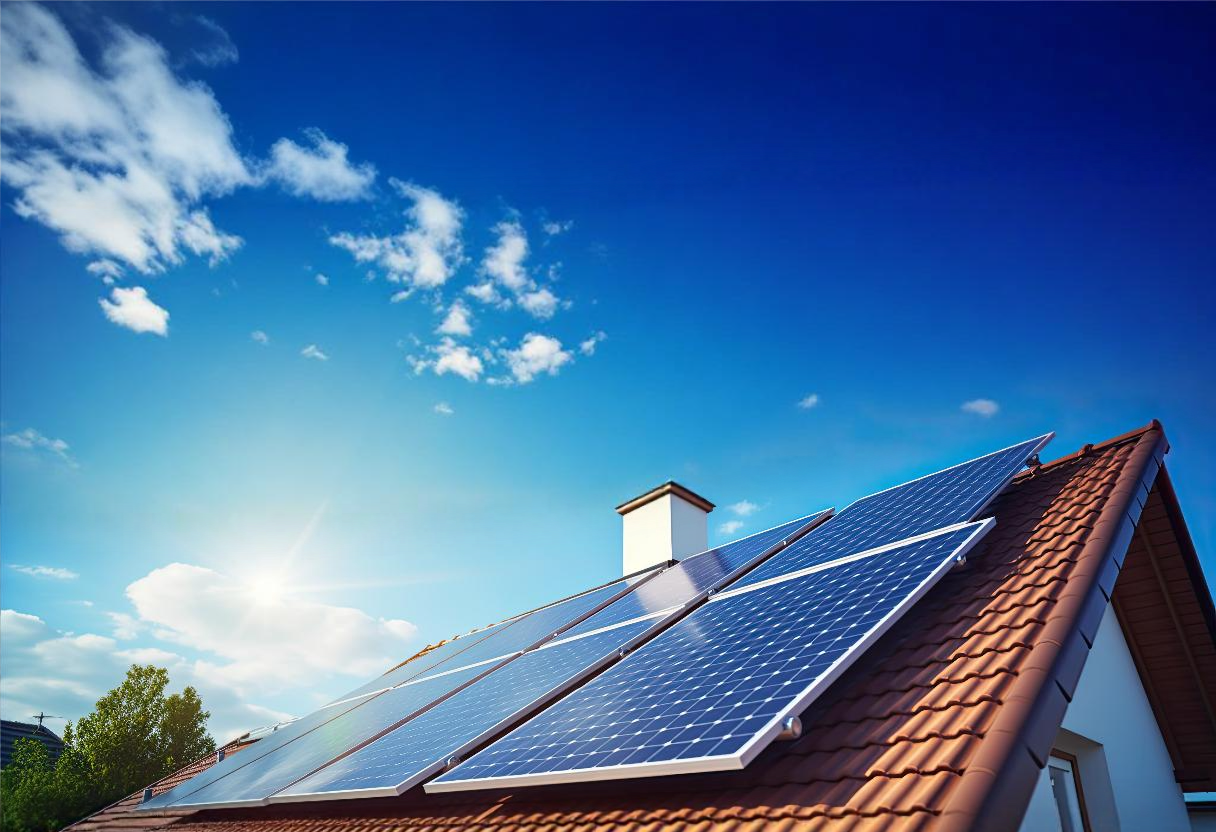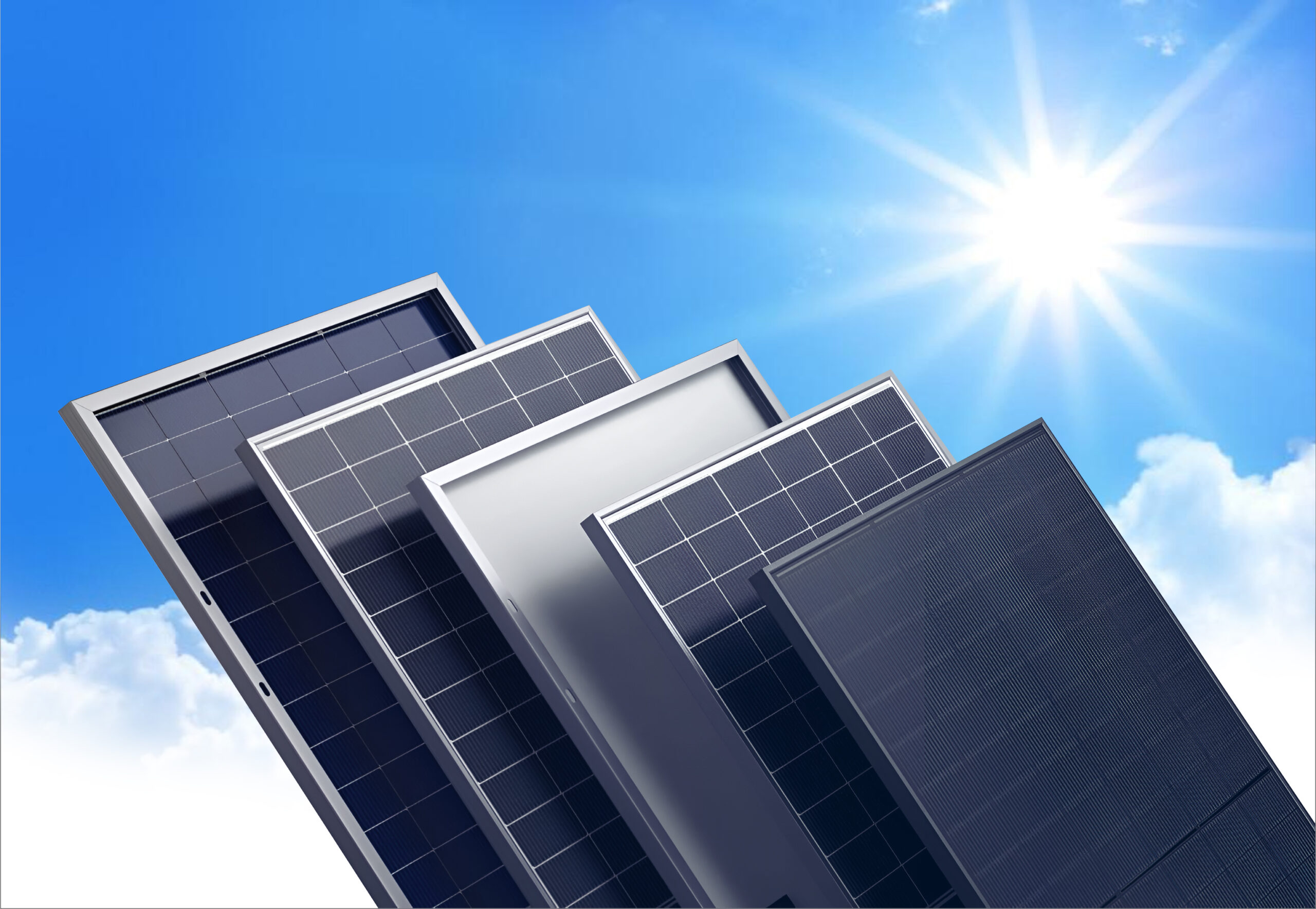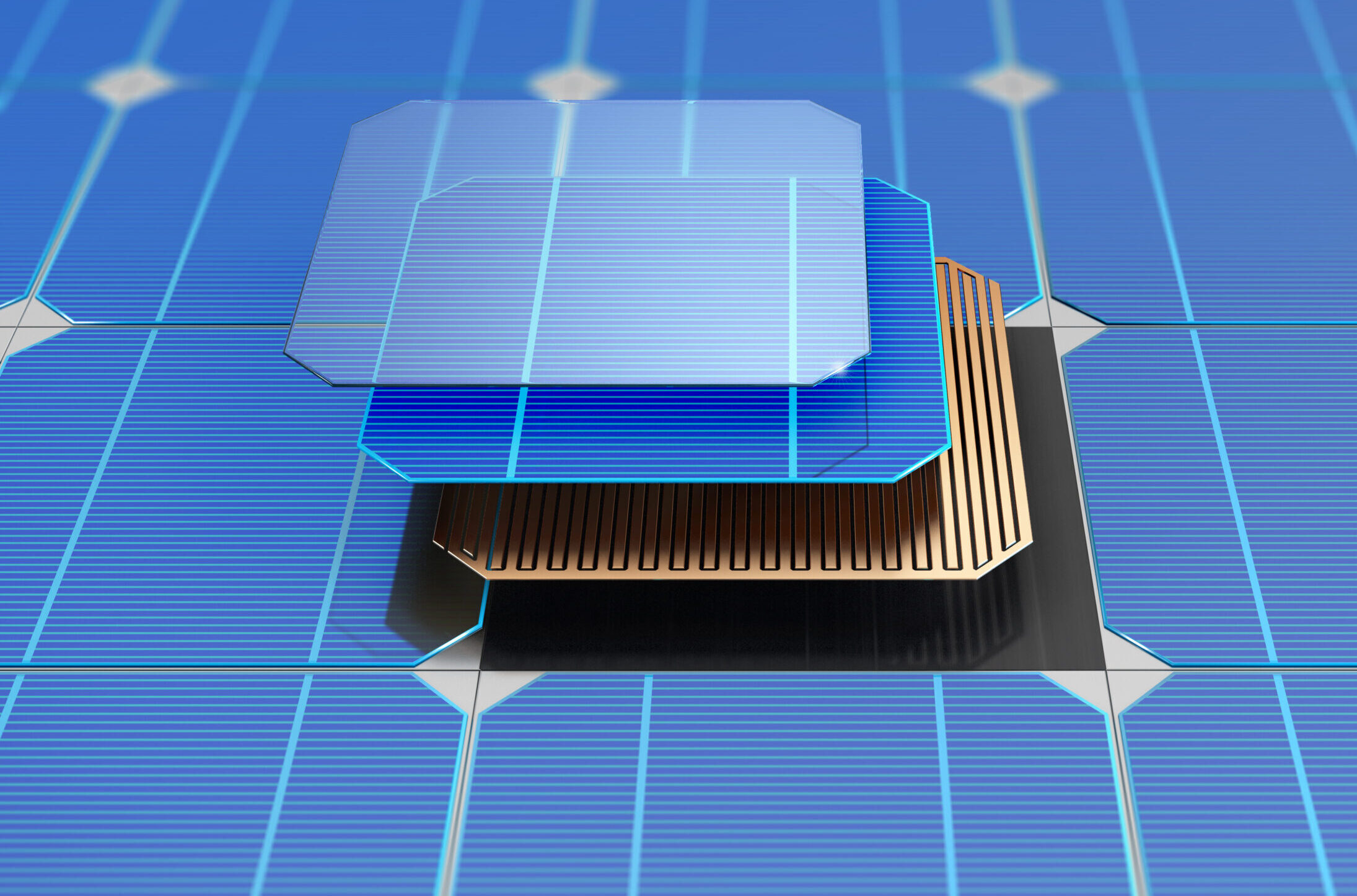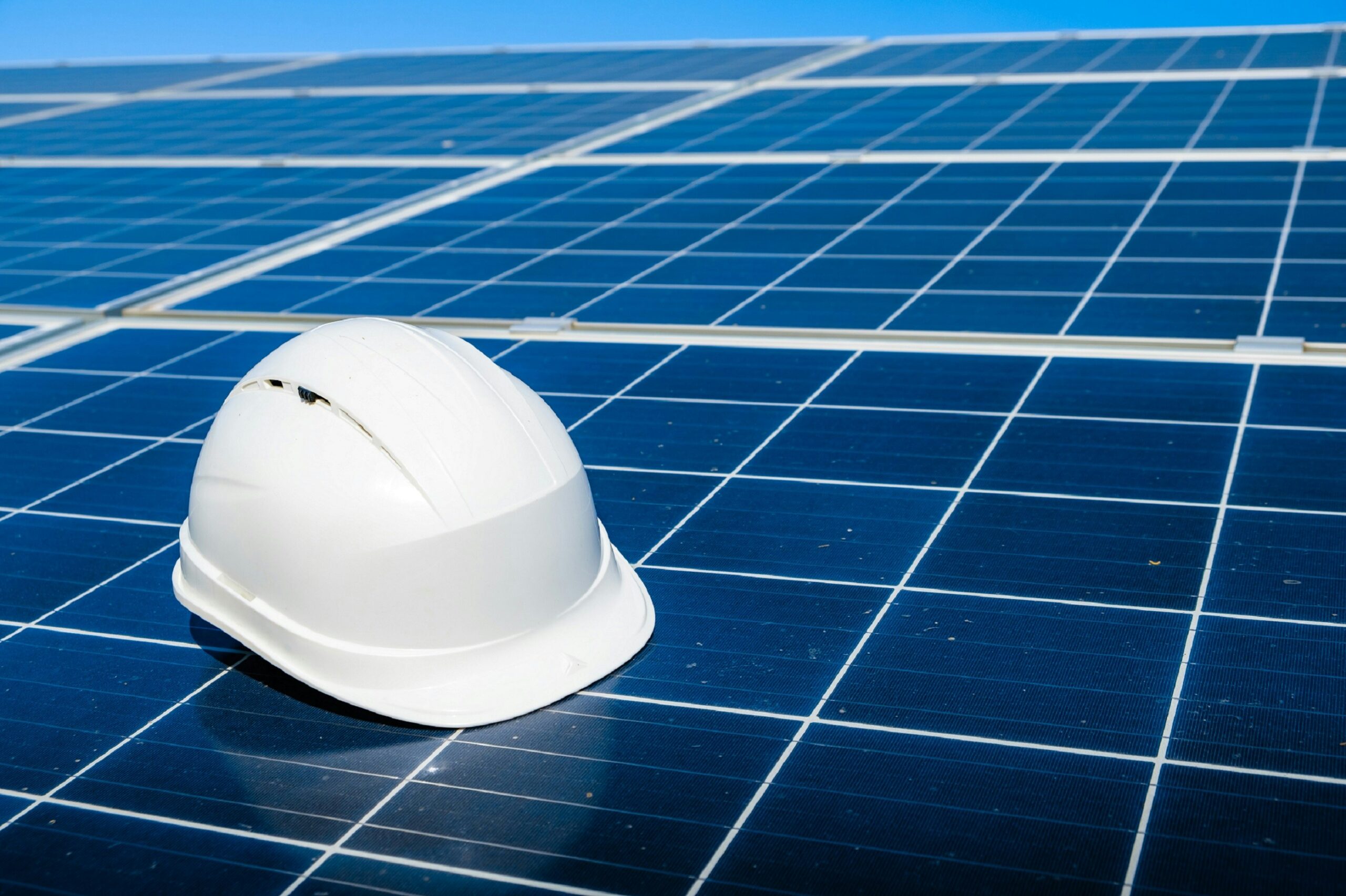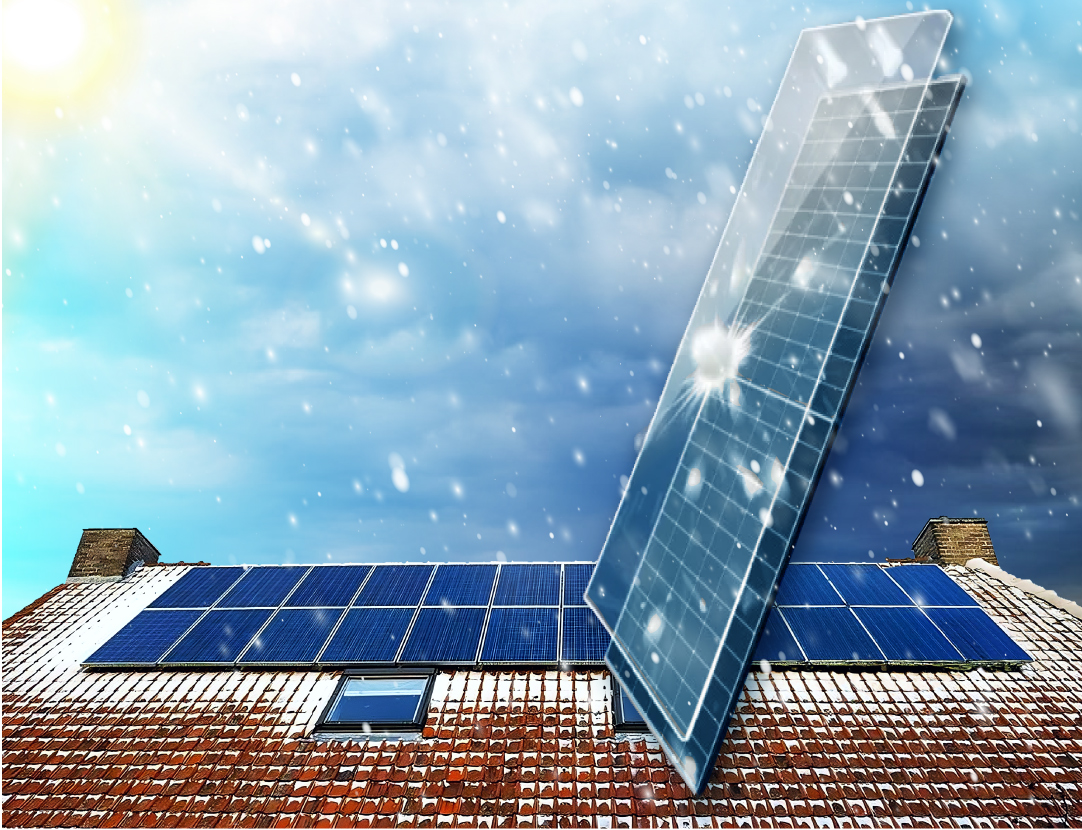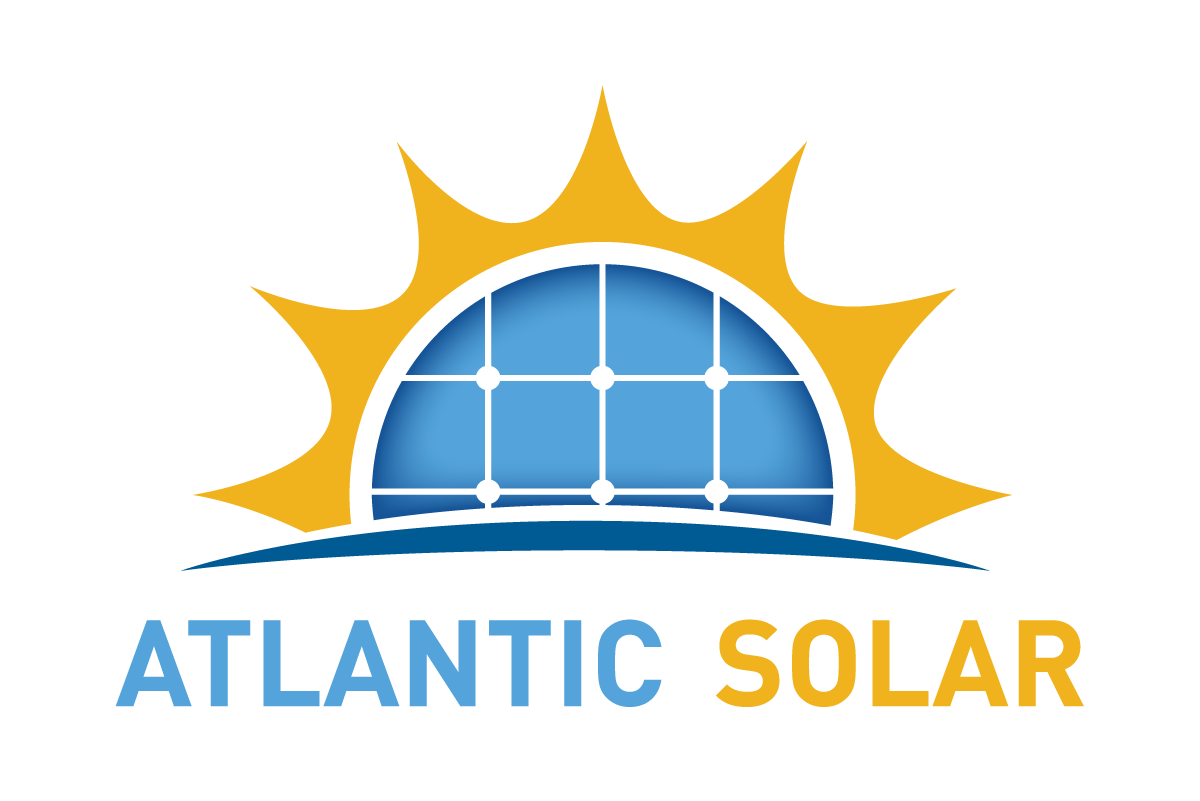Author: Mariela Guanchez
Picture this: you’ve been happily watching your inverter’s daily kilowatt-hour count climb, but suddenly, you notice production is way down. Did something break? Are my panels giving up? Don’t panic. This is your quick crash course in troubleshooting solar panels and figuring out what to do when they stop working (or at least slow down).
First Signs of Trouble
Many times, the first hint is a spike in your electric bill or a decrease in the system’s daily power readout. If you have a monitoring app, it might even send an alert. Whatever the source, it’s wise to act sooner rather than later.
A personal anecdote: I once saw my daily production dip by 50%. Turned out a branch had grown over part of my array—an easy fix. But if I hadn’t paid attention, I’d have lost savings for months.
Potential Causes and Solutions
- Shading or Debris:
- Sometimes leaves, bird droppings, or newly grown tree branches hamper output. Clear them away, and watch your production bounce back.
- Snow or Ice:
- In winter, a layer of snow can block the sun. Gently brush it off if it lingers too long, but do it safely.
- Loose Connections:
- In some cases, wiring can come loose or degrade, especially in older systems. A quick check by a professional can tighten things up.
- Inverter Issues:
- If the inverter’s display shows an error code or is completely off, it might need resetting, firmware updates, or (in worst cases) replacement.
- Panel Damage:
- Hail or heavy impact can crack the glass. Usually, panels are sturdy enough to avoid this, but it can happen. Look for visible cracks or moisture.
When to Call a Professional
If it’s a simple matter—like brushing off leaves—you can handle it yourself. But if you suspect electrical faults, hail damage, or a bad inverter, better to let the pros handle it. Poking around the wiring can be risky or void warranties if done incorrectly.
Maintenance Routines
While solar is pretty low-maintenance, you can keep a small mental checklist:
- Visual Check: Every month or so, glance at your array. Any glaring dirt, debris, or unusual shading?
- App Monitoring: Let your inverter’s app do the heavy lifting. If daily yields plummet suddenly, investigate.
- Annual Professional Inspection: Some folks like a yearly check from their installer to ensure everything’s tip-top.
Real Example: Quick Fix vs. Major Repair
I knew a homeowner whose array suddenly went from ~20 kWh/day to 5 kWh/day. She worried the entire system had died. Turned out a single microinverter had failed, affecting a string of panels. The installer swapped that component under warranty, production snapped back instantly. So, yes, it can be that simple.
Conclusion
If you’re worried about what to do when solar panels stop working, start by breathing easy. It could be a minor hiccup—like shading or a brief inverter glitch. Even if there’s a real defect, your warranties or a skilled technician can get you back on track. The payoff for solar is too sweet to let small issues hamper your system’s potential.

